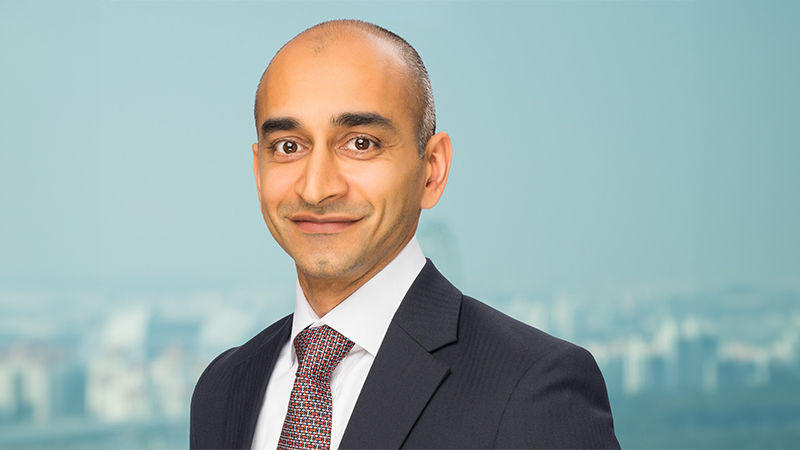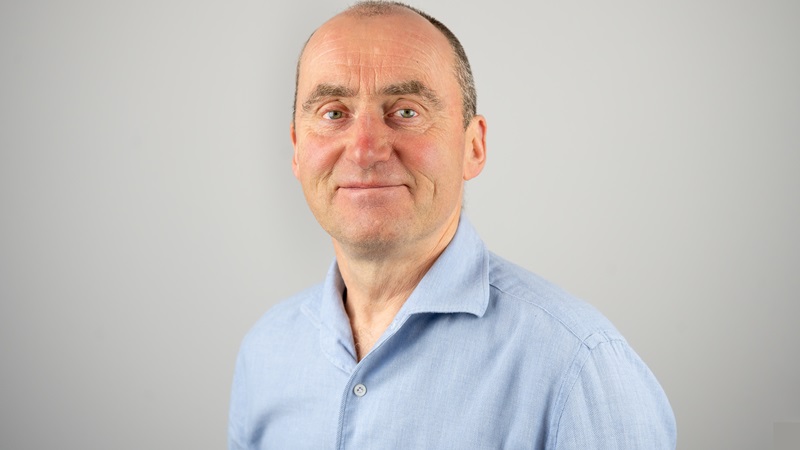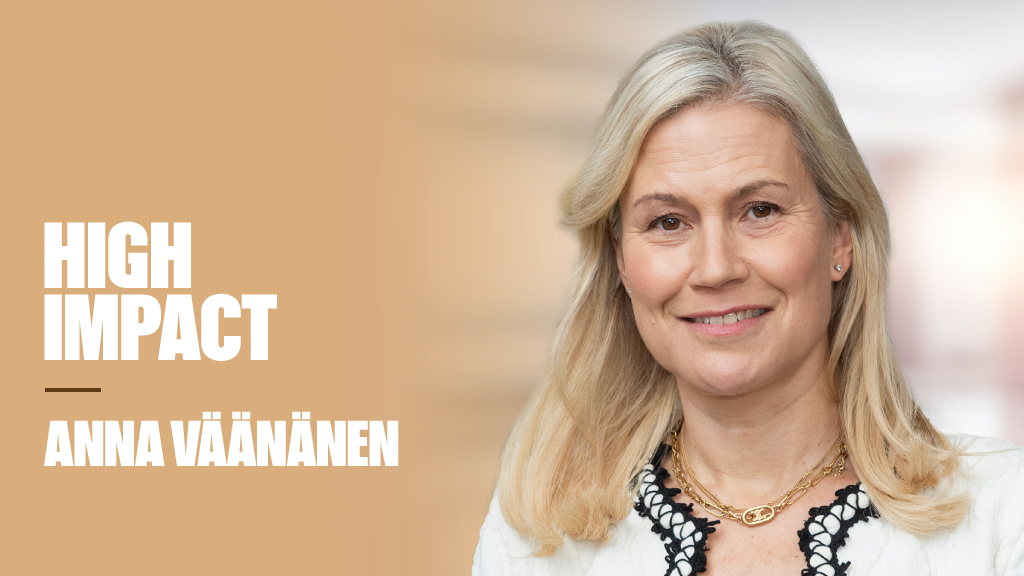The effect of RDR may not be seen for many months as advisers and investors adjust to the new regulatory landscape.
Trend following
In respect of the markets, unless a dramatic event occurs then there is every indication that 2013 will be very similar to the past two to three years – generally markets will track sideways with potential for dips along the way which will unsettle investors.
In this scenario, it makes sense to balance and diversify clients’ portfolios to take advantage of any upside but also to mitigate against the downside.
The latter will be especially important as we all know that clients are far more likely to be upset at losing money than they are pleased at making it.
I have written before about the ability of structured products to deliver returns in flat markets and to mitigate against potential falls that can impact capital at precisely the wrong time for investors, for instance those needing growth or income for their retirement.
What I want to write about here is the structured autocall. Results of a survey of StructuredProductReview.com’s 7,000 registered users have shown that autocall (kick-out) products have proven highly popular with financial advisers over the past few years and they are likely to remain so in 2013.
Close to 100% of advisers who completed the survey said that they used autocalls. Of those more than 44% said that autocalls accounted for over half of all structured products they used in client portfolios. Another 26% of advisers said they used autocalls in a third to a half of all transacted structured products.
While it should be acknowledged that the high use of autocalls is, at least in part, a function of the fact that a significant number have been launched during the past year, I am not surprised that autocalls have proved so popular with advisers and investors in 2012. With relatively flat returns from equity markets, some autocalls have been providing high single and double-digit returns per annum for investors.
Good and bad
Autocalls launched throughout the year have offered a range of returns, catering for a variety of client requirements. For the more risk averse, structured deposit autocalls have been offering cash-plus performance with 100% return of capital and Financial Services Compensation Scheme cover, while the range of structured investments has meant that clients can use a diverse array of counterparties and barriers and access underlying measurements from well-established markets such as the FTSE 100 to a basket of commodities. The increased risk is rewarded by an increased coupon and thus a greater potential return.
Given the way the markets have been performing over the past year, using a product that offers a decent level of annual return mitigates against short-term underperformance of the markets by rolling over returns and provides capital protection unless the market falls by over 50%, it comes as no surprise that advisers have been making clear decisions to put at least part of their clients’ portfolios into structured autocalls.
As with any investment, there are risks attached. With autocalls, as well as the market risk, advisers need to make their clients aware that should the counterparty to the investment (usually a bank) go bust then they could lose their money. Likewise, advisers need to be discerning in the products they choose and ensure they match each client’s individual goals and attitude to risk.
However, the advantage of using structured products is that the adviser knows just what the investment will return and when, given a defined set of market criteria. That is not something you could say about many other investment products.
If markets remain relatively flat, and even if we see a bull run, I believe that autocalls will remain firm favourites with advisers and their clients for the foreseeable future.










